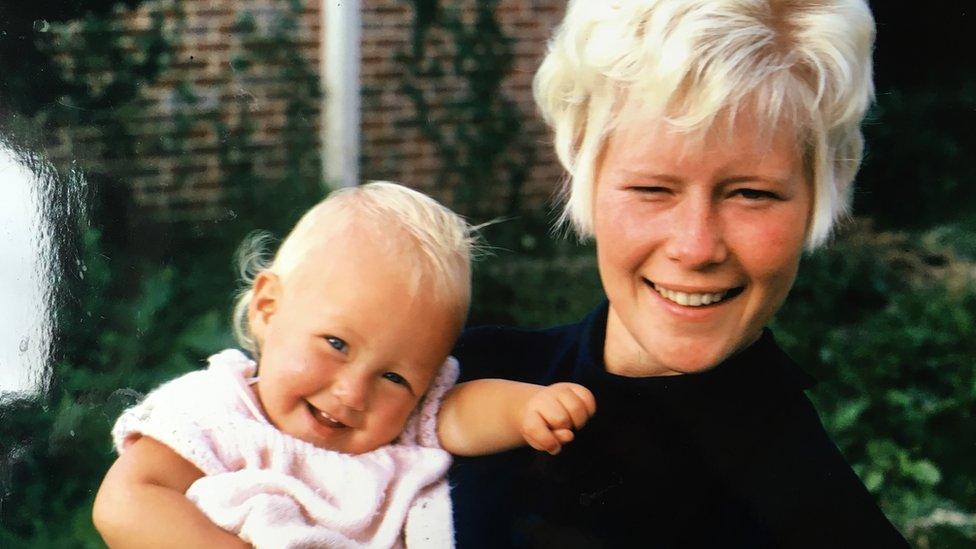Carole Packman murder: Grandson urges Parole Board not to free killer
- Published
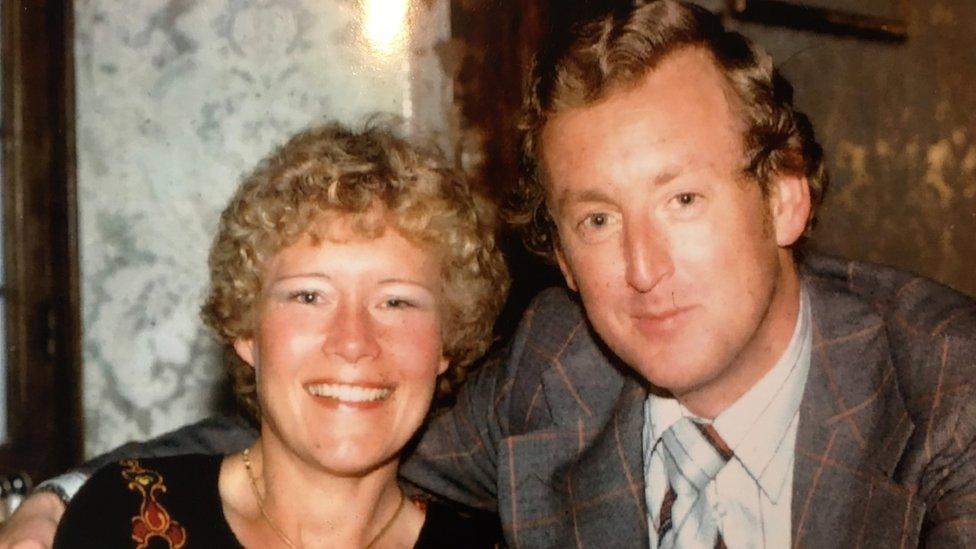
Causley has never revealed the whereabouts of his wife Carole Packman's body
A man who killed his wife 35 years ago but has never revealed where he put her body must not be freed, his grandson has pleaded.
Russell Causley killed Carole Packman in 1985 but evaded justice for a decade after faking his own death as part of an elaborate insurance scam.
Causley, 78, has changed his account of the Bournemouth murder multiple times.
Grandson Neil Gillingham urged the Parole Board, due to hear the killer's case for release, not to free him.
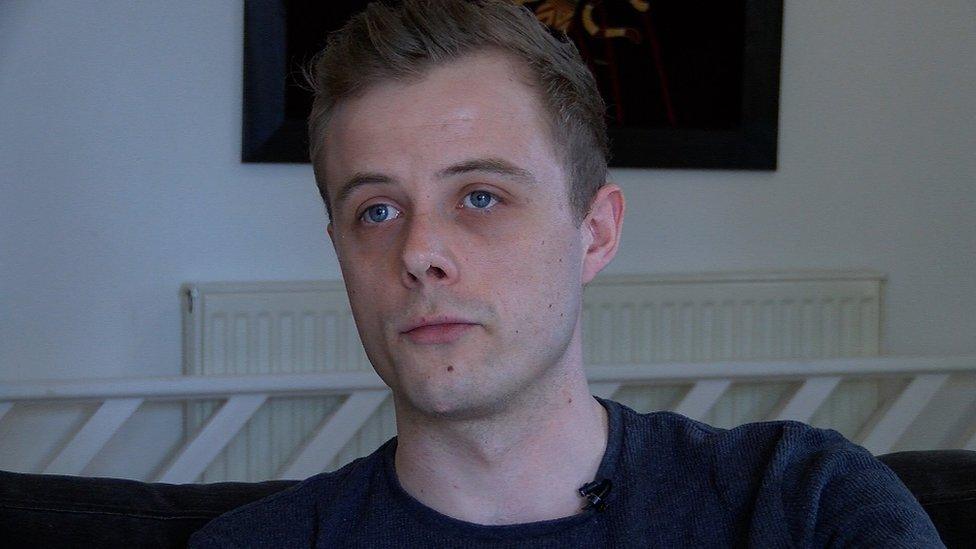
Neil Gillingham said he believes his grandfather is still "wicked and arrogant"
Mr Gillingham, the grandson of Mrs Packman and Causley, told the BBC his family has been "tortured" by the killer's continued refusal to reveal what he did with his victim's remains.
The Parole Board will hear the case for Causley's release later and is expected to make public its decision in two weeks.
Mr Gillingham urged the board to "please encourage Russell to provide reassurance to us that he is indeed rehabilitated by allowing us to give Carole the burial any human following death, including Russell, rightfully deserves".
Causley initially denied the murder before later admitting to it while in prison and then retracting his confession.
Mr Gillingham said Causley's efforts to continually change his story proved he was "still wicked and arrogant".

What happened to Carole Packman?
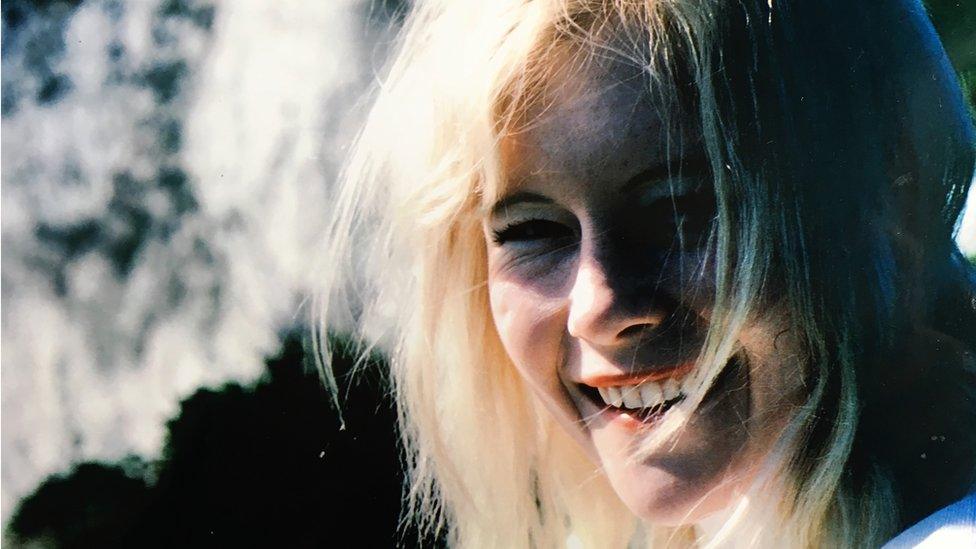
Carole Packman disappeared in 1985 and her body has never been found
Aviation engineer Causley moved his lover Patricia Causley - whose surname he took after they had an affair while he was married to Mrs Packman - into the family home on Ipswich Road, Bournemouth, in 1984.
The day before her disappearance in 1985, Mrs Packman - then aged 40 - had visited a solicitor to inquire about a divorce.
She was later reported missing by their teenage daughter Samantha, who had witnessed Causley physically and psychologically abusing her mother.
However, Dorset Police reported that Mrs Packman had turned up at a police station to say she was safe and to stop searching for her.
Detectives involved in the case have since admitted the force made a "major mistake" by not making basic identity checks and now believe the woman at the police station was not Mrs Packman.
The case was then closed for nearly a decade, when Causley was caught trying to claim £790,000 in life insurance in 1993 after faking his own death on a boating trip.
He was convicted of murder in 1996 before the conviction was quashed in 2003. A retrial the following year found him guilty again and he was jailed for life.

"We do not believe that his mentality has sufficiently changed as such that he will never be tempted to act or behave in the similar manner that imprisoned him all those years ago," said Mr Gillingham.
"We have a genuine fear that Russell Causley poses a significant risk to our family's safety."
He added: "[Causley] should have been honest, he should've finally ended years of suffering and should have provided closure when that is the logical, human and decent thing to do given the serious nature of his offences and his continued plight for reintegration into society.
"Russell hasn't done any of this - he hasn't been honest, he hasn't ended years of suffering."
Following a hearing in 2018, the Parole Board recommended Causley be moved to an open prison but this was blocked by the justice secretary.
- Published14 November 2018
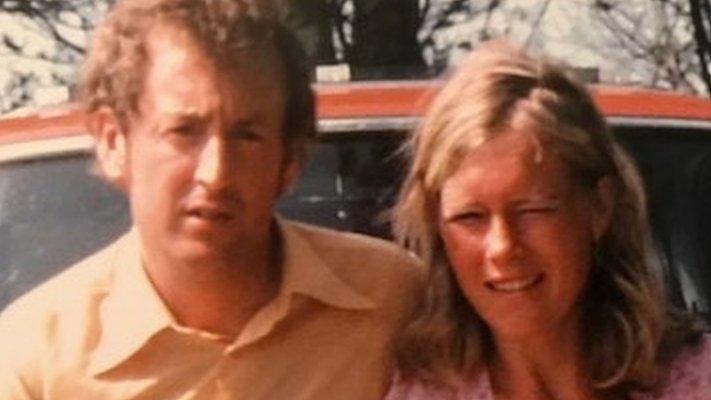
- Published21 May 2018
